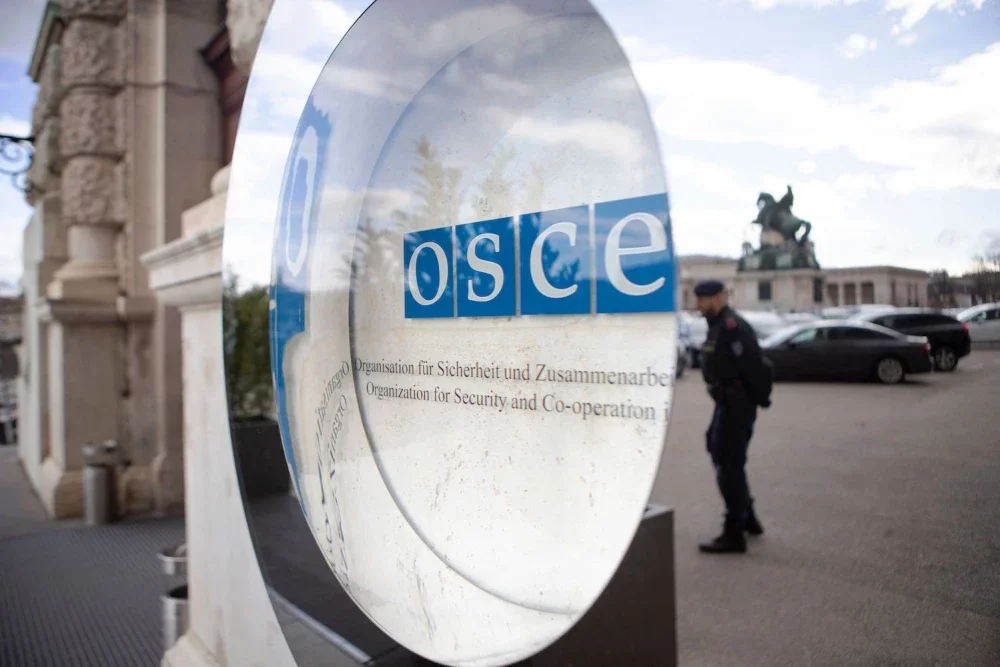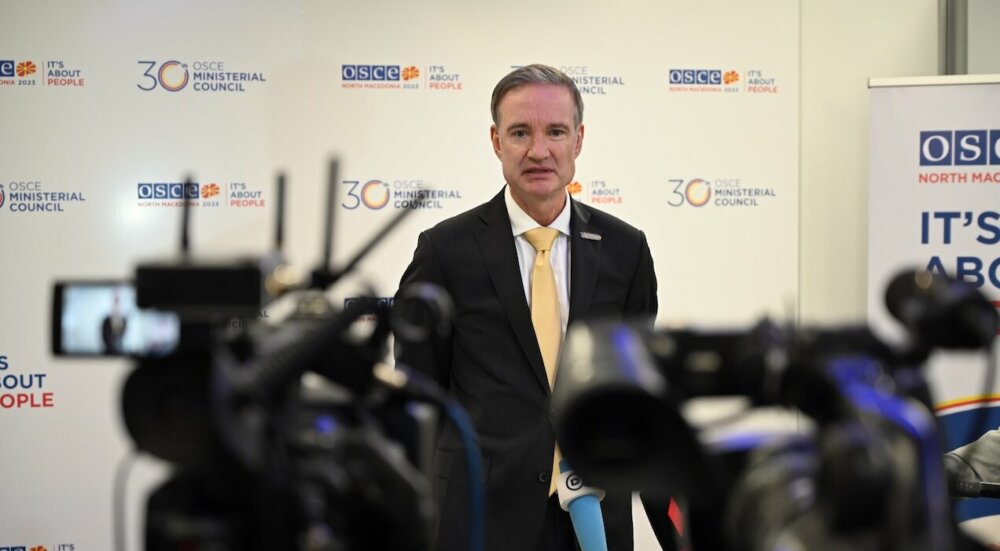Is the Russian Spring in the making?
Almost all the ‘colour revolutions’ in the former Soviet republics were at least partially triggered by disputed (or outright fraudulent) elections: Georgia in 2003, Ukraine in 2004, Kyrgyzstan in 2005. Serious protests in other republics were triggered by the same phenomenon, recently still in Belarus which continues to crush the opposition after murky elections at the end of last year. Right now we are witnessing the same development in Russia, where independent observers have indeed noticed many irregularities, including ballot box stuffing, in order to ensure that the powers-to-be remain where they are.
The authorities of the Russian Federation were always blaming the OSCE for these problems: it was not the (irregularities in the) elections that were the reason for the revolutions and protests, but the OSCE as the main election observation body which only provided welcome support to the opposition forces with its criticisms. The OSCE’s activities in this area were generally seen as a blatant interference in internal affairs. Of course, this was a huge “compliment” to the OSCE which had never realized that it was so powerful as to be able to trigger revolutions with its very limited means…. But what it really meant, of course, was that the messenger is always blamed for the message, while the message itself was waved away angrily. This attitude resulted in numerous Russian proposals aimed at undermining the independence of the OSCE election observations, although most other OSCE states strongly reject such proposals.
Vladimir Putin was usually among the first to congratulate the winners of such disputed elections. Most painful were his congratulations to the Ukrainian politician Yanukovich in 2004 who was then disqualified as a result of the Orange Revolution. The Russian PM/President got away with this for a long time and was able to establish a corrupt and authoritarian regime which in some respects is reminiscent of the abuses from the Soviet period, reflected in issues like the violent police response to even the most minor public protests: participants were brutally beaten up and jailed and usually sentenced to (shorter) prison terms for public order violations. Democracy became ‘managed’ in the Russian way and elections were clearly fabricated to ensure landslide wins for the autocratic elite for the sake of ‘stability’. Freedom of speech and freedom of association and assembly became seriously restricted in the Russian Federation. That is until the last few weeks. ‘Enough is enough’ seems to be the feeling among an increasing number of (in particular middle-class) Russians who have taken to the streets in unparallelled numbers to protest against the outcome of the sham elections and to demand new elections. Even the last President of the USSR, Mikhail Gorbachev, joined the protest movement, seriously criticising the abuses during the last parliamentary elections and calling on Putin to step down after three terms in power (twice as President and once as Prime Minister). Basically the protest movement seems to be aimed at removing Putin, who is so eager to return as President in March, from power. Putin has so far not seen any reason to respond to the demands of the demonstrators whom he publicly more or less considers to be fools and ‘confused’. Apparently the message (once again) was not understood. But it seems that the Russian Spring may be in the making.
One may wonder whether the OSCE will again be blamed for the turmoil on the Russian streets…



Comments
* Your email address will not be published